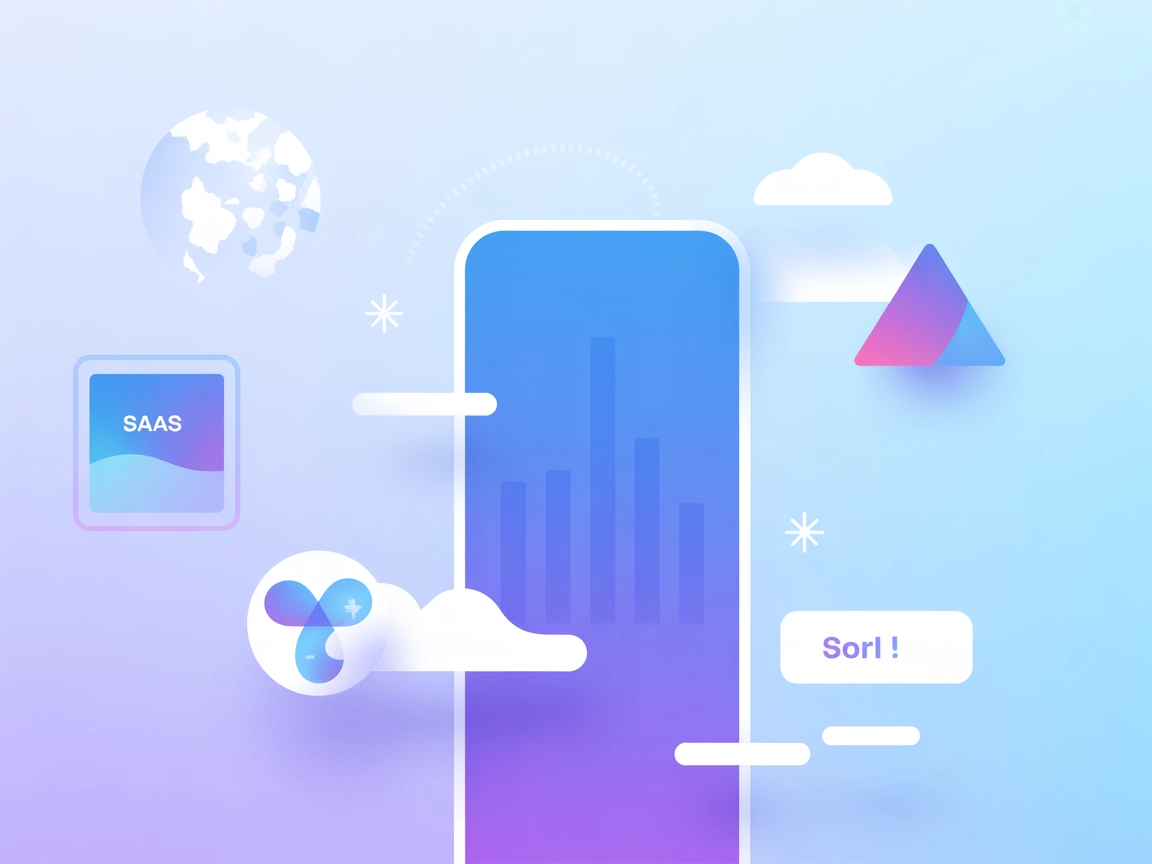
AI Agent for Patronus MCP
Integrate powerful LLM system optimization, evaluation, and experimentation with the Patronus MCP Server. This integration provides a standardized interface to initialize projects, run single and batch evaluations, and conduct experiments on your datasets. Streamline your AI workflows and drive model quality with customizable evaluators and criteria.

Standardized LLM Evaluation
Quickly initialize Patronus with your project and API credentials to run single or batch evaluations. Choose from remote and custom evaluators, define criteria, and get detailed, JSON-formatted results for every test. Perfect for tracking and optimizing LLM performance at scale.
- Single and Batch Evaluations:
- Run one-off or multi-sample LLM evaluations with configurable evaluators and detailed output.
- Customizable Criteria:
- Define and manage evaluation criteria, including support for active learning and tailored pass conditions.
- Remote and Custom Evaluator Support:
- Utilize built-in remote evaluators or integrate your own custom evaluation functions.
- JSON Output for Results:
- All test results are output in structured, easy-to-parse JSON for seamless integration into your workflow.

LLM Experimentation at Scale
Run experiments on datasets with both remote and custom evaluators. Automate comparison, scoring, and explanation for every experiment. Results are grouped by evaluator family for easy analysis and tracking of model improvements over time.
- Run Dataset Experiments:
- Test LLM outputs across entire datasets, tracking performance and custom metrics.
- Evaluator Family Grouping:
- View results grouped by evaluator family, making insights and model comparisons straightforward.
- Automated Scoring & Explanations:
- Receive automated scoring, pass/fail status, and explanations for every experiment.

Custom Evaluation & Criteria Management
Leverage advanced API endpoints to create custom evaluation functions, criteria, and adapters. List all available evaluators, define new pass conditions, and use the MCP protocol for seamless test automation and resource management.
- Create Custom Evaluators:
- Easily implement, register, and test custom evaluator functions with the Patronus SDK.
- List & Manage Evaluators:
- Get a comprehensive overview of all available evaluators and their criteria for robust LLM QA.
- MCP Protocol Support:
- Seamlessly connect and automate model evaluations and experiments using the Model Context Protocol.
MCP INTEGRATION
Available Patronus MCP Integration Tools
The following tools are available as part of the Patronus MCP integration:
- initialize
Initialize Patronus with your API key and project settings to prepare for evaluations and experiments.
- evaluate
Run a single evaluation on a model output using configurable evaluators and criteria.
- batch_evaluate
Perform batch evaluations on multiple outputs or with multiple evaluators for comprehensive analysis.
- run_experiment
Launch experiments with datasets, supporting both remote and custom evaluators for advanced testing.
- list_evaluator_info
Retrieve detailed information about all available evaluators and their supported criteria.
- create_criteria
Define and add new evaluator criteria to customize evaluation behavior.
- custom_evaluate
Evaluate outputs using custom evaluator functions for specialized or user-defined logic.
Connect Your Patronus with FlowHunt AI
Connect your Patronus to a FlowHunt AI Agent. Book a personalized demo or try FlowHunt free today!

What is Patronus AI
Patronus AI is an advanced platform specializing in automated evaluation and security for AI systems. The company provides a research-backed suite of tools designed to help AI engineers optimize and improve the performance of their AI agents and Large Language Models (LLMs). Patronus AI’s offerings include state-of-the-art evaluation models, automated experiments, continuous logging, side-by-side LLM benchmarking, and industry-standard datasets for robust model assessment. Their platform is trusted by leading global organizations and is built with a focus on enterprise-grade security, flexible hosting, and guaranteed alignment between automated and human evaluations. By enabling scalable, real-time evaluation and optimization, Patronus AI empowers teams to ship high-quality, reliable AI products efficiently and securely.
Capabilities
What we can do with Patronus AI
With Patronus AI, users can automate the evaluation of their AI models, monitor for failures in production, optimize model performance, and benchmark systems against industry standards. The platform provides powerful tools to ensure AI quality, security, and reliability at scale.
- Automated LLM Evaluation
- Instantly assess LLM and agent output for hallucinations, toxicity, context quality, and more using state-of-the-art evaluators.
- Performance Optimization
- Run experiments to measure, compare, and optimize AI product performance against curated datasets.
- Continuous Monitoring
- Capture and analyze evaluation logs, explanations, and failure cases from live production systems.
- LLM & Agent Benchmarking
- Compare and visualize the performance of different models and agents side-by-side through interactive dashboards.
- Domain-Specific Testing
- Leverage built-in, industry-standard datasets and benchmarks tailored for specific use cases like finance, safety, and PII detection.

What is Patronus AI
AI agents can benefit from Patronus AI by leveraging its automated evaluation and optimization tools to ensure high-quality, reliable, and secure outputs. The platform enables agents to detect and prevent hallucinations, optimize performance in real-time, and continuously benchmark against industry standards, significantly enhancing the trustworthiness and efficiency of AI-driven solutions.





